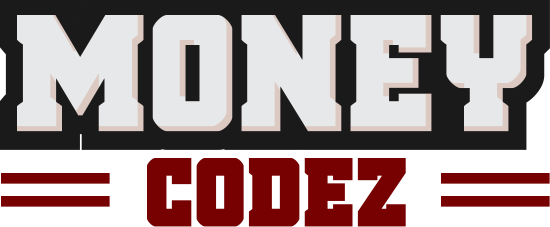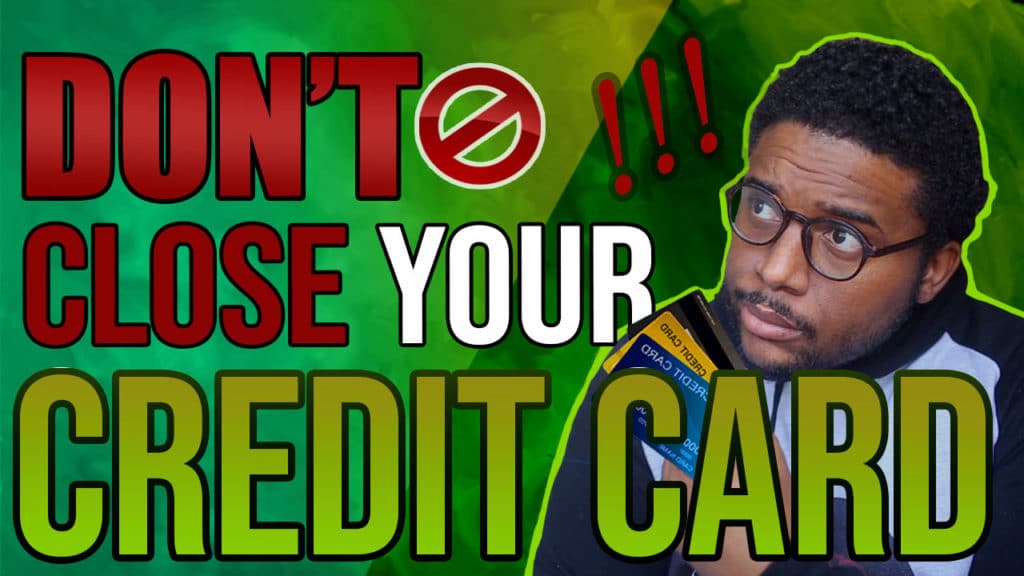Question: Should I cancel my credit cards?
Alright, so, the short answer and quick answer is, no you should not close down or cancel any of your credit cards. I like this question a lot because I see it primarily on television networks like CNBC… ‘talking heads’ that like to say that credit cards are evil and bad. And they warn people to cut up their credit cards. I vehemently disagree. Especially if you’re somebody that has a “Thin Credit Profile” meaning you only have let’s say 5 cards or less. For those that have 1 or 2 credit cards, my answer is, definitely not. For everybody else, it’s just no. Here’s why.
Number one, Payment History. Remember the 35%, the biggest variable, that makes up your credit score, is payment history. So the more credit cards and accounts that you have the more opportunity for positive history to be added to your account. The more the better. That takes up the biggest piece of what makes you have a good credit score is that credit history. And the more you take away from that, the more you’re reducing the impact that credit history can have on your account. So say, for example, you have a credit card that you’ve had for the last 5 years. You’ve been paying on time. It’s a great account. But you listened to someone that told you “Go ahead and just close it. Credit cards are bad close it” and then you close this account. What you’re going to see in the short term is not much because credit cards, even if you close them, they stay on your report for about 7-10 years. However, the day that you close that credit card account, you’re not able to add any new payment history to that account. What does it mean? That means in the long term, after 7 years, all of the great work that you did with those 5 years of payment history is going to be removed from your account. And we want to keep as much positive history on our report for as long as possible. So in the short term, you may not see an effect, but definitely, in the long term, that good work that you’ve done is not gonna be there anymore. On the flip side, if you have a new account, and if you’ve taken the strategies that I’ve given you on this channel, or that you’re getting from our courses on Money Codez, I always say adding tradelines, and new account to your credit report is like the planting of seeds. You may not see any fruit from it in the short term. But every year that you maintain and you keep a positive history on these accounts, every year that goes by, you’re growing something that’s going to add more stability and more strength to your credit profile. And the seed that you planted today, by creating an account and taking care of it, is going to offer shade and fruits in the future. So let’s get out of that short-term way of thinking. Don’t close any old accounts. I always tell people “If you’re planning on getting any new accounts, don’t get any account that you don’t plan on keeping for the long term, meaning 5 years and ahead” If you cannot see yourself holding on to a card or to an account, more than a couple of years, don’t even apply.
Let me give you an example of the benefits of having multiple accounts that you never close, how that will positively affect you in the eyes of the credit bureaus. So let’s say that you’re somebody that only has one credit card, only one, and out of 12 months in a calendar year, that means you have 12 potential payments that you can make. Let’s say in that year you missed one payment, which means you made 11 payments out of a possible 12 payments. I’m not a mathematician but basic math tells me, that equals 91%. In school, that may seem like a good grade, to the credit bureaus, not so much. 91%, one missed payment, will take you from 100% payment history down to 91. And you can see in the video above, that 91% is categorized poorly in the eyes of the credit bureaus. Now, hypothetically, let’s say you have 5 credit cards, and in the course of a 12 month calendar year that is 60 potential payments that you could be making. So let’s say you’re someone that missed one payment, you missed only one, so that’s a 59 out of a potential 60 payments that you could’ve made, what would your score be? Your score will be 98%. That’s an improvement. In both examples, both people missed one payment each. One person will be negatively impacted more than the other. This is why payment history, and having multiple accounts helps cushion you, it has less of a blow if you missed a payment. If you only have one account or two accounts, if you make a mistake and you miss a payment it’s going to hit you a lot harder than if you have 5, if you have 10, which I recommend everyone have, at least over time. Having 5 or 10 accounts, one mistake is not going to impact you as negatively as if you only have only one account and you miss a payment. So I hope that makes sense.
Another thing to pay attention to is your utilization rate. If you’ve seen my other videos you’re going to understand that your utilization rate is is the 2nd biggest factor in creating your credit score. For example, if you have a $10,000 credit card but you only used $1000, you have a 10% utilization, that’s good. But if you have a $10,000 credit card limit, (which means you have $10,000 available) and you have that card canceled, that potential $10,000 is not going to be reflected on your credit profile anymore. This means the benefits of that high balance will no longer be on your account. So especially if you have a credit card account that has a very high limit or has a lot of years on that account, please, don’t cancel that card. Don’t cancel it. Now some people are going to be in the comments saying, “I don’t wanna pay for a card that has annual fees” my response would be ‘Have you attempted to call the credit card issuer and ask for the annual fee to be waived?’ They could do that. So before you think about canceling your card, think about calling your card issuer and ask them to downgrade or switch to a different product that doesn’t have an annual fee. That way you keep the history on that card that you don’t like and then you can go down to a different product or go to an adjacent product that doesn’t have that fee. And then you can just keep it. Keep the card. That means that you can keep that high credit limit, that high available credit, and you get to keep all those plentiful years of swiping and timely payments. You’re going to keep that payment history preserved. And that’s what you want to do. Remember, 35% of what makes your credit score is payment history. And 30% is usage aka utilization. So don’t mess with those things.
Last bonus tip, invest in something like this. I have a basic card holder that holds about 40 cards? Not all of them are just unsecured credit cards, some are store cards, some are merchant account cards. Keep them in something like this and put a sticky note. Or have your phone and keep a schedule of the last time you made a payment or the last time you made a purchase on something with that card. Every 4-6 months I go online and either I buy something like some basic t-shirt and or some socks or I go to the gas station and just fill up my tank. I pay that off immediately and then I take the card then I put it right back in this cardholder. And I don’t touch it again for the next 4, 5, 6 months. So if you’re not using any cards, that’s not a good enough reason to cancel that. Put them in a cardholder, use them once every 4-6 months then put them in a closet somewhere. So what you’re going to see is if you utilize the strategy, you may not see the benefits today, but in the next 2-3 years, as you build this foundation, this is going to benefit you greatly. So trust me on that. So again, the short answer to the question of this YouTube video, should you close down your credit card? No, just no



